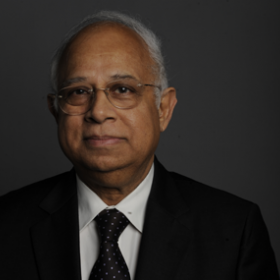
Limitations of Hard Power
For Sehgal, Hard Power – “measures geared toward coercing or threatening other entities into compliance” – is an overused and rarely effective strategy in global community. Seghal argues that while Hard power may be successful in the short term, in the “long term, the gains by its use can be elusive.” The success of Hard Power strategies is crippled by a number of inherent limitations.
Seghal considers the “defining limitation of hard power is that those who project ‘Hard Power’ will always be held to fickle public cynosure in the long-term.” Not all actors have the capacity to engage in Hard Power and are eager to judge those that do, based on weaknesses to the strategy. States wishing to engage in hard power strategies are crippled, according to Seghal, by the relatively small number of tools at their disposal, namely, military intervention, economic pressure, and now, cyber war, which limits their options. Seghal believes that when Hard Power policy fails, a country’s “credibility deteriorates [and] international cooperation diminishes as attitudes of distrust tend to grow.” This, in turn, makes it less likely that states will engage in Hard Power when a justifiable need arises.
Seghal argues that the continued reliance upon Hard Power by nations such as the United States stems from an inability “to admit that military dominance generally does not always work.” This perpetuates the myth that military strength can ultimately assure security – a myth that Seghal believes to be false.
Despite maintaining that there is a time and place for Hard Power to be used, Seghal ultimately warns that “advocates for Hard Power must remember that its use in the ‘global village’ will have adverse consequences about their image, however just the cause.”

